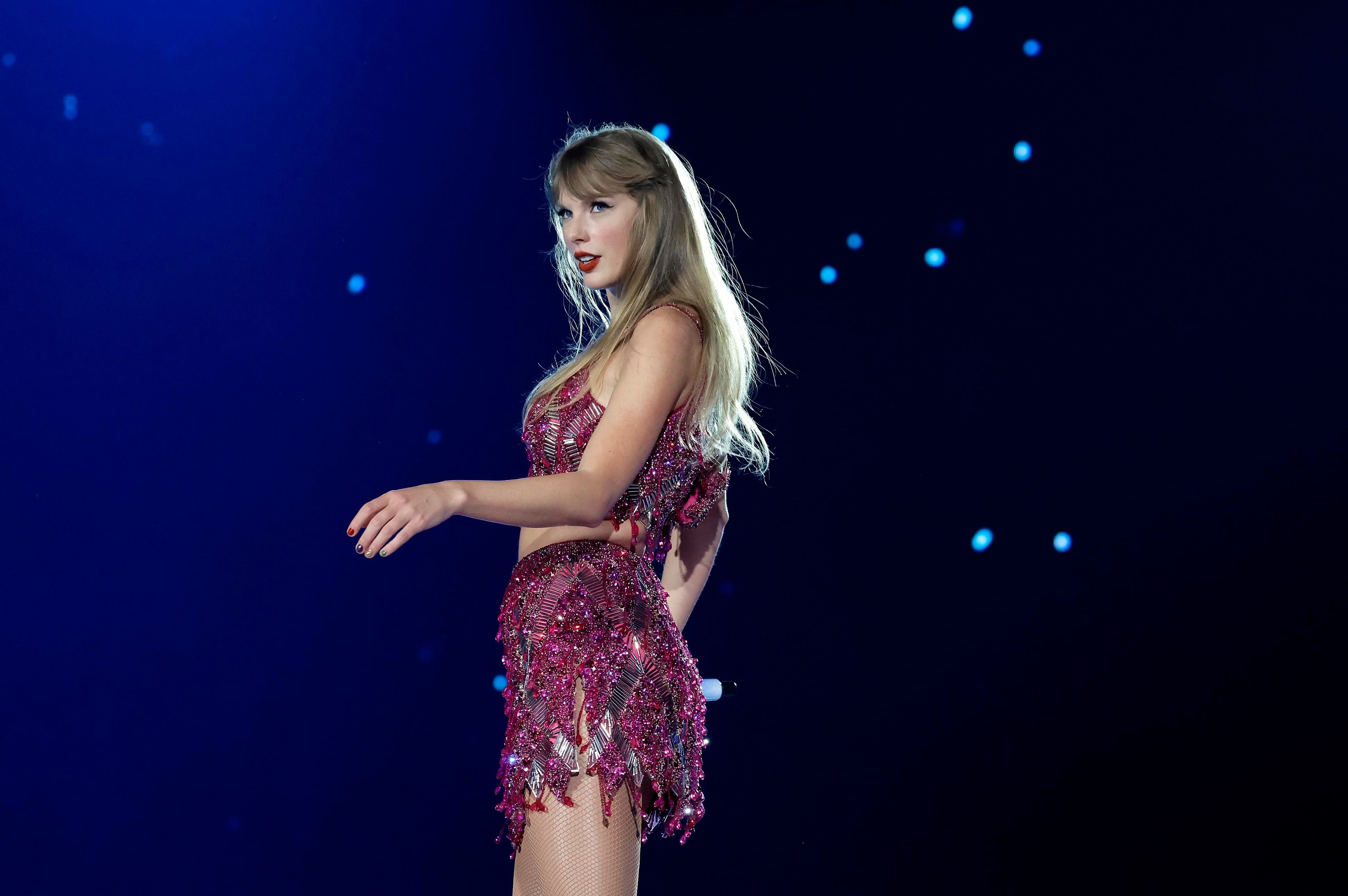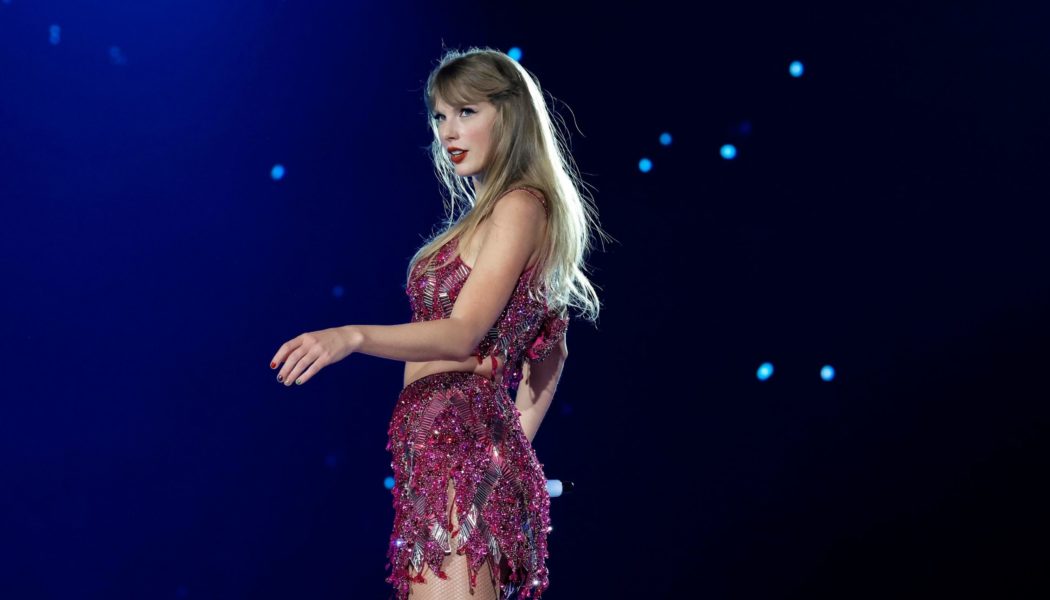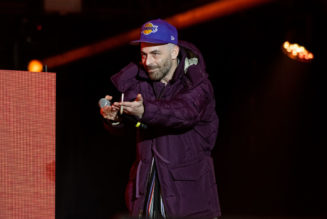
Her popularity is impacting the GDP of some countries. Cities are bending over backwards for more, but they are missing the big picture. Let’s use that as proof that investing in our local music ecosystems makes sense.
Taylor Swift has come to town, and it is big business. During her American dates in 2023, it is estimated she added $5bn in total impact to the 20 cities she visited. According to the US Travel Association, every $100 in ticket spend generated a further $300 in indirect spending on hotels, taxis, meals, and merchandise. This sudden splurge across Europe is anticipated to be so large there are worries it could worsen inflation, as fans spend more money on one concert than most would on live music in an entire year.
Much of the economic data that celebrates her impact ignores that Taylor Swift is popular because of the music she writes, records, and performs. As she remarked in a Time Magazine interview, this began in Nashville, where her mom “took her (and her) brother to Nashville on spring break…we drove up and down Music Row. She would wait in the car as I scampered into record labels one by one, handing my demo CD to the receptionists.” She was first discovered, signed, and began her career here. Like all superstars, Taylor had to start somewhere.
What this article, or most coverage of Taylor Swift’s stratospheric rise leaves out is that the Nashville she encountered was a testament to the power of local music ecosystems. The mid-sized American city, as a municipality, did not solely invest in music through trademarking Nashville Music City to boost tourism. Over time, by both design and luck, its business and regulatory environment was optimised to attract, welcome, and invest in music as a business. In many respects, the development of Nashville’s songwriting and music publishing industry was an accident. The first global touring act, the Fisk Jubilee Singers, came from Nashville but could have come from anywhere. An insurance company, WSM (We Shield Millions), launched a radio show at the Grand Ole Opry to attract customers in 1925. Low density and large land plots allowed people to make noise without upsetting neighbours, which attracted music companies to its Edgehill district (part of which is now called Music Row). Its central location – about a 10-hour drive from much of America’s population – made it attractive for touring. But there is more to it than luck, fate, and history. By 2015, Tennessee was the nation’s top employer in music publishing, buoyed by tax incentives. The city had a robust music and entertainment task force at the time. The Mayor’s office was proactive, so much so that Mayor Karl Dean was honoured by the Country Music Association. Like all cities there were challenges, but Taylor – and tens of thousands of others – made the pilgrimage to Nashville to sell their wares. While she has succeeded in ways most never will, her success shows that not only is this possible, but decisions can be taken in communities to maximise the chances of it.
Communities can influence their chances of developing commercial music successes. Like any industry, the more one invests in it at its roots, the more powerful those roots will be. This starts with music education—from learning instruments to vocational training, business education, and apprenticeships. In the UK, for example, where Taylor will play a further 3 times on top of the 6 gigs past, music education is being systematically reduced and higher education courses have been scrapped. Grassroots music venues, where Swift’s career began, remain under threat, with 2023 being the most challenging year on record. Brexit has reduced touring opportunities. In the Netherlands, where Swift will perform three times, plans to raise VAT on concert and festival tickets by 12 percentage points are making tickets more expensive and concerts cost-prohibitive to produce. In Australia, where Swift recently performed to hundreds of thousands, 1300 venues have closed since the start of the pandemic. Across the United States, music remains an outlier in economic development priorities and rarely, if ever, a priority sector. While a new law to support music tourism in the United States is welcome, most major cities face significant budget deficits with discretionary spending – i.e., culture, recreation, and entertainment – first to go. The raft of restrictive noise ordinances being introduced up and down the country threatens live music en masse.
This has created a disconnect. We see – and some experience – the substantial economic impact that music can deliver via Taylor Swift, but en masse, we lack the foresight to recognise that decisions can be made to increase success and create more stars and economic impact. Taylor is an economic powerhouse but is also a welcome distraction for the cities she’s chosen to visit. They can celebrate the economic benefits of music without being taken to task to ensure that they are taking the appropriate steps to create the conditions for most superstars to emerge and more music to develop.
LONDON, ENGLAND – JULY 06: Jo Whiley poses at iconic grassroots live music venue The Lexington to … [+]
It is encouraging to see initiatives gather steam to increase investment in music and cultural infrastructure through ticket levies and new data sets being introduced to articulate music’s value (such as in Austria, where Swift is performing three times), but the sea change that this cultural and economic phenomenon could unleash remains elusive in most places.
Taylor Swift is as clear an example as we will ever have of why investing in music can improve cities’ economies. While cities are listening to Taylor’s music, for the most part, that is all they are listening to.









